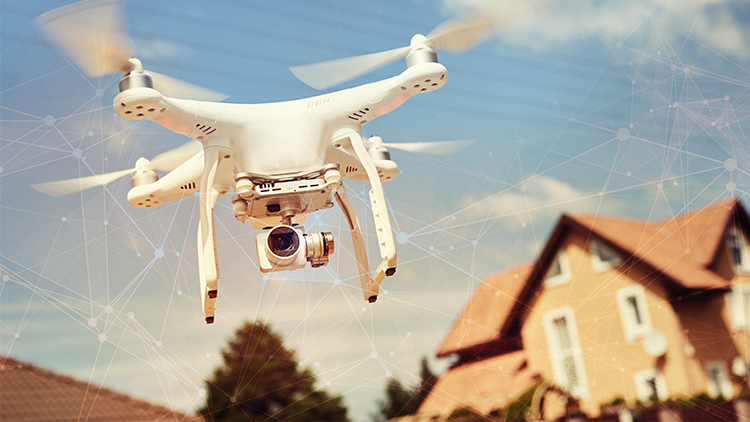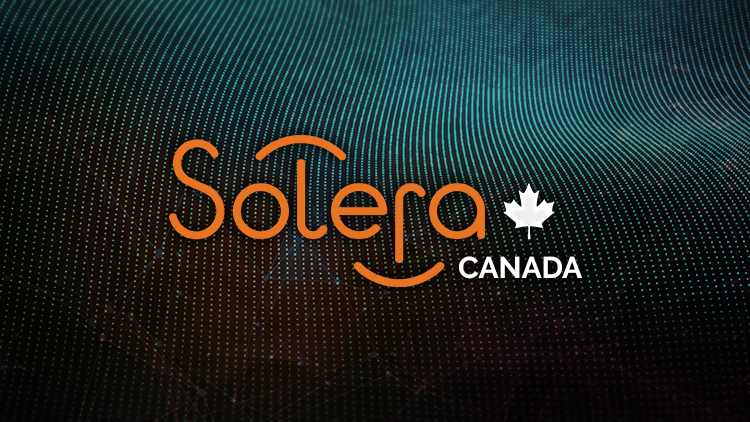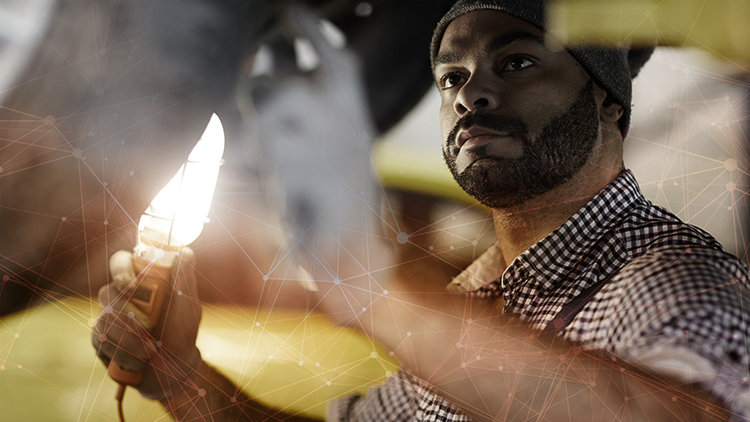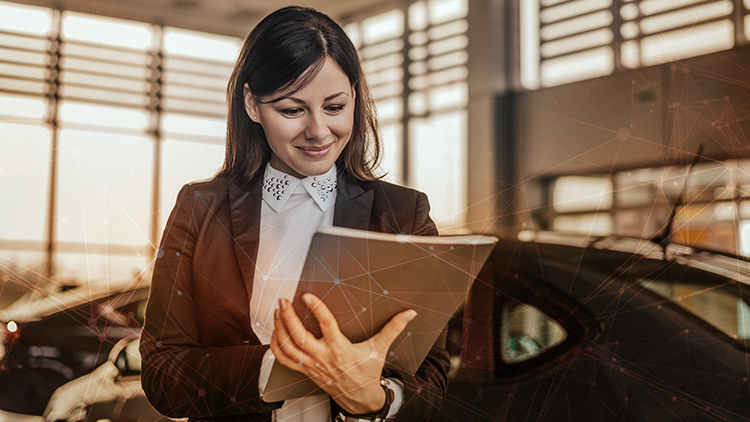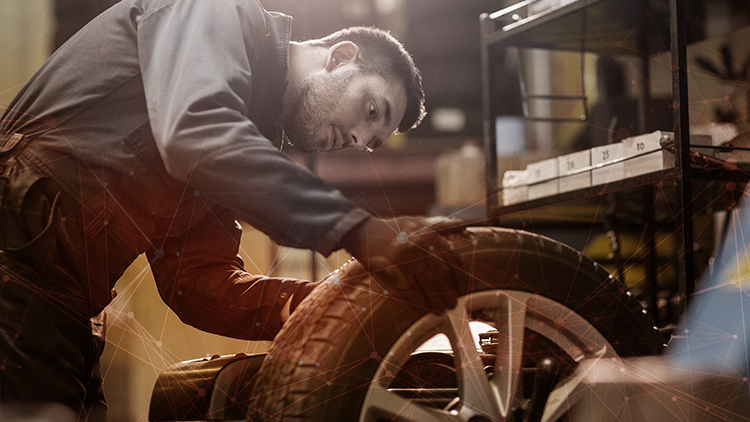In continuation of our blog series about “COVID-19: What’s Now and What’s Next”, we take a look at the digital transformation auto collision and repair shops are experiencing, and what steps they should take to emerge stronger as the world establishes its new normal.
Due to the required shelter-in-place and stay at home regulations around the globe, and the need to protect their team members, shops are experiencing a reduced workforce. To stay operational within the current limitations shops need to use this downtime to adapt historical workflows to become technology-inclusive and automate repetitive tasks that will free up SMEs—both of which offer valuable efficiencies as we climb out of the pandemic and shops manage their staffing needs.
With fewer cars on the road and fewer collisions, now is a prime time to train teams to start or further their digital journey, because as restrictions lift and people become increasingly more mobile again, work volumes may exceed what they were pre-pandemic.
The automotive industry has become extensively more digital through COVID-19, and it’s important not to lose momentum and continue accelerating the adoption of game-changing technologies. Solera, for example, has spent over 1,000 hours providing training to the emerging market in India, where there’s a lot of natural churn and a lower level of digital awareness.
COVID-19 has also greatly impacted the way consumers and businesses interact, and this move toward contactless experiences— from vehicle drop-offs/delivery services, virtual repairer instruction, managing workflows and payments—will likely be what customers continue to expect post-pandemic. Even as shelter-in-place orders are lifted and less stringent measures are employed, new social distancing norms will prevail, and shops must adopt digital solutions to align with these expectations.
Furthermore, sanitation and cleaning services could evolve from add-on services to standard practice. Cleaning charges have been widely acknowledged and accepted by insurers to help stop the spread.
We’re also seeing collaboration like never before with shops working together to support the industry. Some shops can get cars into their shops, but they can’t get the necessary parts, so parts sourcing has become common during this challenging time. From sharing data to connect the supply chain and working around any shortage of parts, we’re witnessing how shops can utilize technology to further connect the automotive ecosystem.
As the industry embarks further on its digital transformation, the output will only be as good as the data leveraged in its technology. Solera uses an unrivaled breadth of high-quality data sources, big data technology and a team of analysts who scrutinize trends and movement in real-time.
Finally, there’s no better time to connect with our iATN network and take advantage of the expertise and knowledge of over 80,000 technicians around the world. With our combined global data and boots on the ground, we can partner together to combat many of these challenges.
Get involved in the conversation by listening to our most recent webinar about COVID-19: What’s Now and What’s Next, and register for upcoming discussions on how you can emerge from this time of uncertainty even stronger.


